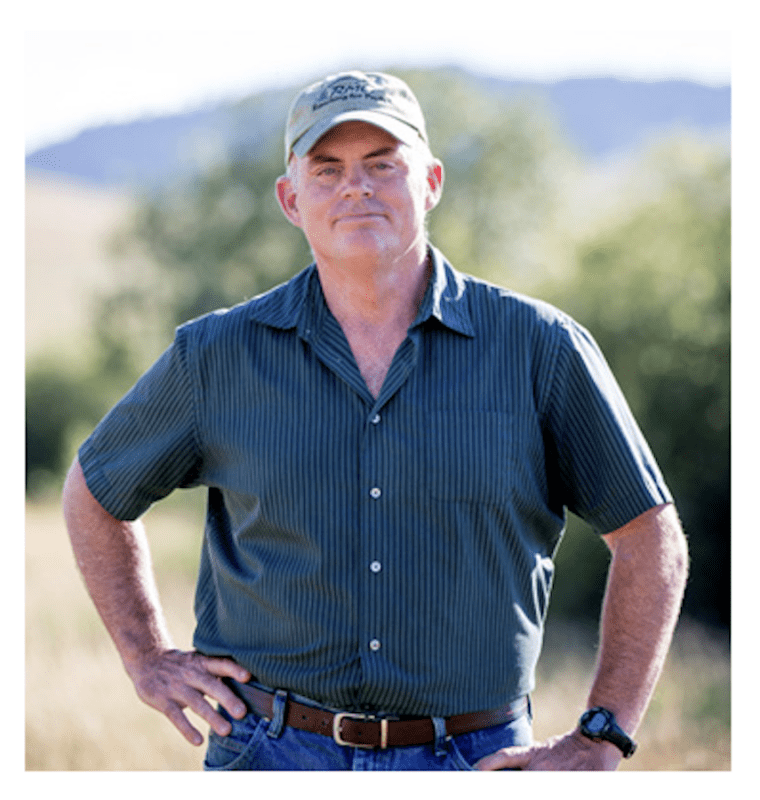
RED WING, Minn. — Improving your farm business takes rolling up your sleeves and getting to work — not just IN your business, but ON it too. A “3 Secrets for Increasing Farm Profit” workshop featuring Ranch Management Consultants expert Dave Pratt will be held Thursday, March 23, from 9 a.m. to 4 p.m., at the St. James Hotel (406 Main St.) in Red Wing. The cost is $60 per person and includes lunch. To register for this Land Stewardship Project (LSP) workshop by March 17, visit https://bit.ly/LSP_RFP. For more information, contact LSP’s Alex Romano at aromano@landstewardshipproject.org.
Dave Pratt is a highly sought-after speaker on regenerative agriculture and profitable ranching. He has taught the “Ranching for Profit School” in the United States, Canada, Mexico, Australia and Africa. Pratt grew up on a small ranch and worked for cattle and sheep ranchers in Northern California, where he learned ranching from the bottom up. In addition to his practical roots, he holds degrees from the University of California and Washington State University. A range and livestock adviser with the University of California Cooperative Extension Service for 15 years, Pratt researched cell grazing and strategic issues impacting the sustainability of ranches. In 1991, Pratt began working with Stan Parsons, the founder of Ranch Management Consultants, and started teaching at the Ranching for Profit School in 1992.
During the March 23 workshop, participants will learn how to transform their farm into a successful business; the difference between economics versus finance and why economics always comes first; the three things that can be done to increase profit on a farm; and how to identify the weak links and profit-drivers in a business. This workshop will feature group interaction, case studies, videos and discussions about directly applying Pratt’s principles to local farming operations.
“I would urge any farm business owner to attend,” said Rushford, Minn., farmer Dan Wilson. “Dave Pratt offers advanced ag economics delivered in simple terms and concepts. After attending a workshop and classes in 2019, I can say it has 100% changed my approach to grazing.”
The Land Stewardship Project is a private, nonprofit organization founded in 1982 to foster an ethic of stewardship for farmland, to promote sustainable agriculture and to develop healthy communities. LSP’s work has a broad and deep impact, from new farmer training and local organizing to federal policy and community-based food systems development. At the core of all our work are the values of stewardship, justice and democracy. To learn more, see https://landstewardshipproject.org.
-30-